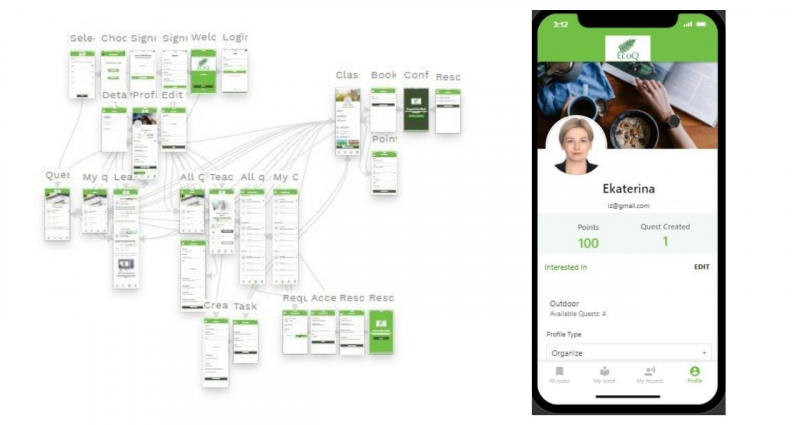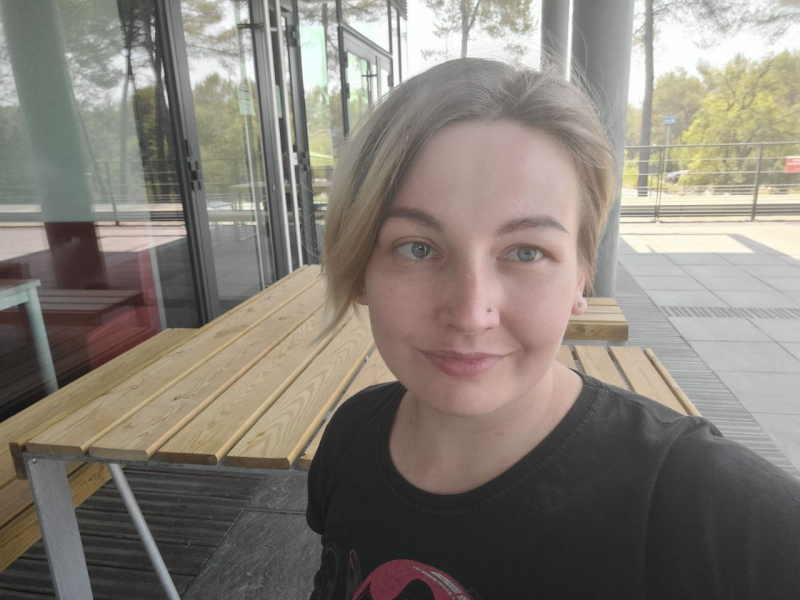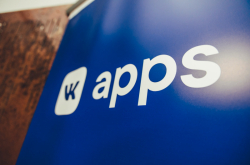What made you design your own course? Were you nervous?
I want to become a university lecturer one day. So, when I came across this contest last year, I thought it was my chance to try my hand at teaching – start small and see how it goes. I’m also a mentor, and I often help lecturers with their classes. But with this course, I can share what I know and test my own teaching approach.
Why did you decide to go with no-code technologies?
I’m into citizen science and ecology – namely, zero waste and plogging. Plogging is a trendy Scandinavian pastime where people go for a jog and at the same time pick up litter. Plus, last year, I also participated in a hackathon organized by ITMO and LUT University where one of the tasks was to build an app to promote waste sorting. This made me wonder – what if I merged these two ideas and developed an app to organize cleanup events? But I’d never coded before, so no-code technologies were an absolute lifesaver for me. With this in mind, I thought that it’d be great to teach other students about no-code, too, and share my experience with them.
No-code app development has been a rising trend in recent years. Firstly, the mobile app market grows rapidly, and secondly, many young people want to try themselves in IT entrepreneurship. What’s more, I know firsthand how hard it can be to find programmers for non-funded projects. That’s why no-code is great when you want to test your hypothesis or an app.

The development of EcoQ using a no-code platform. Photo courtesy of Ekaterina Makarova
How did you organize your course?
First, we picked the most relevant ideas for apps and offered them to our students so that they could bring them to life during the course. We filtered out invalid options and those that already had analogs in the market and then looked into the features of available no-code platforms to find out which tools we should pay attention to. Eventually, we settled on Adalo. With this platform, students learned to design, work with databases, and connect different app sections. After that, we ran pitch sessions to figure out which features can’t be done without when developing an MVP and discover how they can be adapted to no-code technologies. As a final task, students had to present their projects and apps, which will be ready to enter the market once they finish the course.
What difficulties did you encounter in the process of its creation?
Though I had my mentor training, I still struggled to structure my knowledge and draw up the course’s curriculum. It was way harder when I had to do it real-time. I was a bit stressed but my mentor helped me a lot. Together, we figured out how to organize our course correctly and assess student projects.

Ekaterina Makarova. Photo courtesy of the subject
What are your thoughts on the initiative?
Sometimes I look at students and think about all kinds of things they may have expertise in while I don’t. I mean not only their professional competencies but also some other non-trivial skills like singing or birdwatching. And if they want to teach others, they can start by joining the initiative – it’s a great opportunity to share your unique knowledge and I totally recommend it.
What’s more, while developing a course, you can try on the role of not only a lecturer but also a project manager who has to make sure that everything works smoothly. It can be an excellent practice for those who have been thinking about this field as a possible career option.
What should students do before developing their own course?
It’s better to decide on the topic of your future course beforehand. You might have multiple specializations but not all of them are a good fit for a course. When having problems with that, you can consult ITMO’s Staff Support Office or take mentorship training.
I’d also recommend students not to neglect side skills. For instance, I worked on my articulation before the course. Thanks to that, I learned to speak more clearly and effectively. Also, some training in acting makes wonders if you don’t feel confident in front of an audience or a camera.





